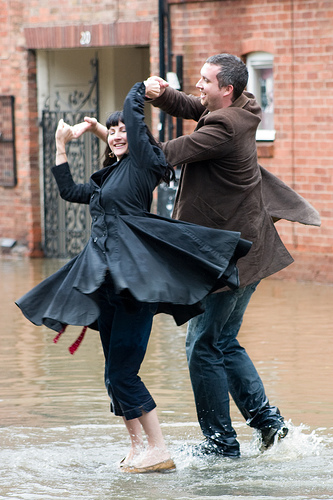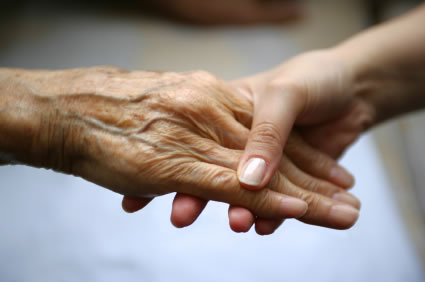
© Istockphoto
In a large population-based cohort study, researchers have found a link between poor cardiovascular fitness and low cognitive performance at age 18 and the later onset of dementia. The study’s lead researcher was Jenny Nyberg, Ph.D., of Sweden’s University of Gothenburg. Results appear in the new issue of Brain.
The study included more than 1 million Swedish men. At age 18, they underwent mental and physical exams as part of their military conscription. These men were then followed up for up to 42 years to see which ones developed early-onset dementia. The researchers then used the data to see whether there was an association between cardiovascular and cognitive fitness at age 18 and early-onset dementia.
The researchers found that such an association did exist. Both low cardiovascular and cognitive performance in early adulthood were associated with an increased risk for future early-onset dementia, but the highest risks were observed for individuals who had poor performance in both areas.
“This technically well-executed study is among the first to link cardiovascular fitness and cognitive functioning at a young age with early-onset dementia,” Kostas Lyketsos, M.D., chair of psychiatry at Johns Hopkins Bayview Medical Center and a geriatric psychiatrist, told Psychiatric News. “As the study is observational, high confidence in a causal link is not possible. However, the findings are consistent with other research linking cardiovascular health or disease and cognitive functioning or reserve with late-onset dementia decades later. Much research is needed to translate this finding into a specifically actionable preventative intervention. For now, active efforts to maintain cardiovascular and cognitive fitness through the lifespan, starting at a young age, offer some promise of preventing or delaying the onset of dementia at mid- or later life.”
Another large study identified still other risk factors for early-onset dementia. See the Psychiatric News article, “Early-Onset Dementia Linked to Alcohol Abuse, Other Factors.” In addition, extensive information about dementia can be found in American Psychiatric Publishing’s Clinical Manual of Alzheimer Disease and Other Dementias.
Source: American Psychiatric Association


